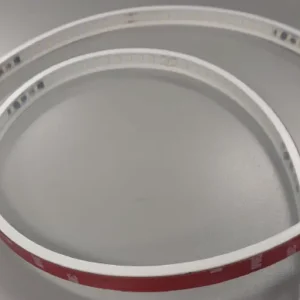A three-year trial of hydrogen fuel cell technology is to focus on the Ford E-Transit.
Ford said the trial, part-funded by the Advanced Propulsion Centre, would establish whether the technology could deliver more zero-emission range to heavy-use E-Transit customers travelling high mileages, with maximum loads, ancillary equipment such as chillers, and with limited charging opportunities during their working shifts.
Ford said a consortium of automotive technology and fleet operator partners, including Ocado Retail, BP, Cambustion, Viritech, and Cygnet Texkimp, would help to determine the supporting hydrogen refuelling infrastructure required.
It also said that Ford Pro, the company’s commercial vehicle and services division, would use the trial to expand its conversion expertise, supported by engineers and E-Transit specialists from Dagenham and the company’s nearby Dunton Technical Centre, in Essex.
A low-volume test fleet of eight fuel cell Ford E-Transits will run for six-month periods over the three-year trial. They will be fitted with a high-power fuel cell stack, in conjunction with significant hydrogen storage capability, said to be optimised for safety, capacity, cost, and weight.
Ford of Britain chair Tim Slatter said: “Ford believes that the primary application of fuel cells could be in its largest, heaviest CVs to ensure they are emission-free, while satisfying the high daily energy requirements our customers demand.
“Ford has an unmatched history in the commercial vehicle sector with the indomitable Transit, and we are excited to be exploring new ways to make clean deliveries an option for even our hardest working vans on the road.”





